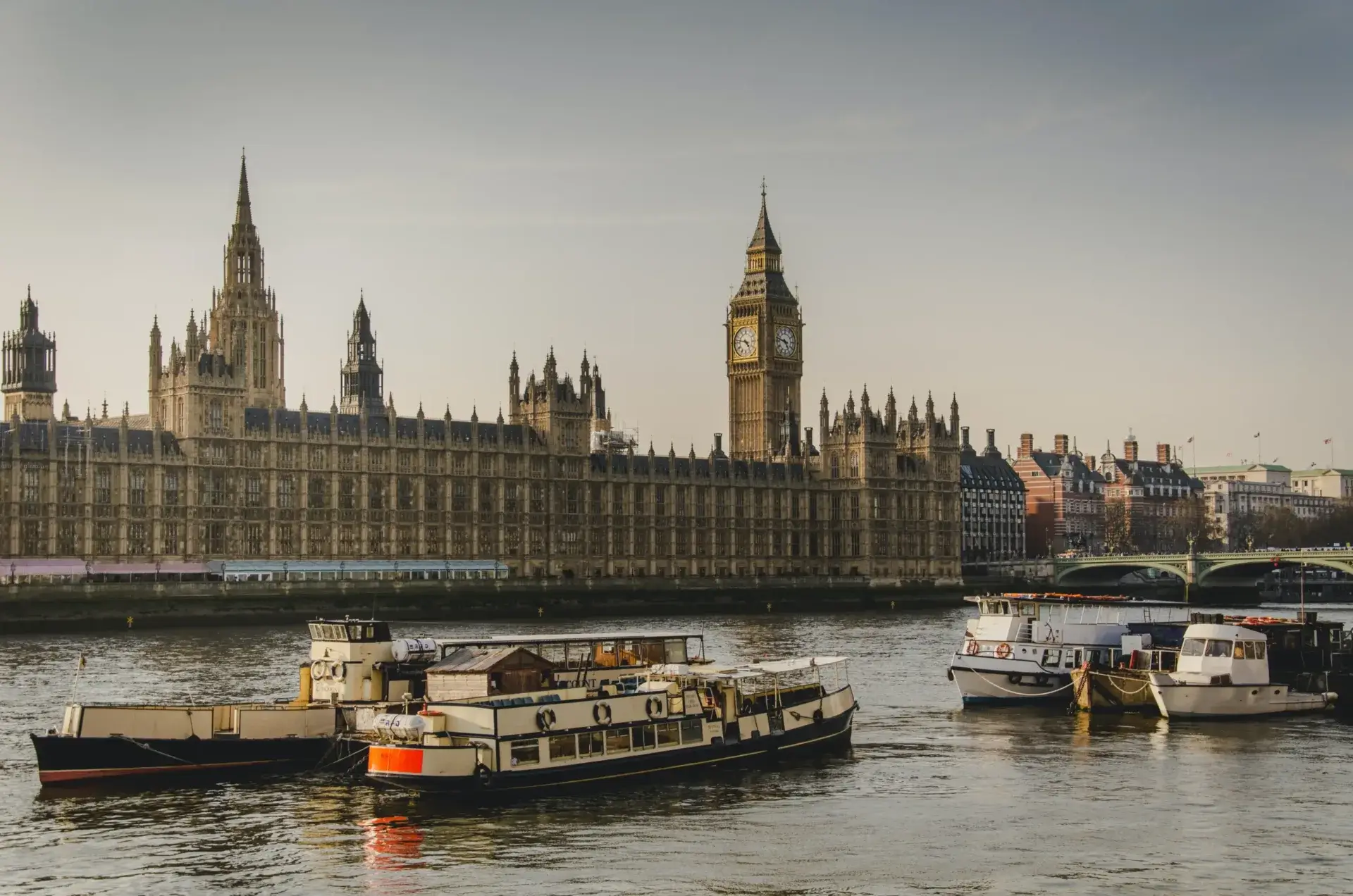In the 2023 Autumn Statement, Chancellor Jeremy Hunt unveiled a package of measures aimed at supporting small businesses amid ongoing economic challenges. We have compiled the key announcements businesses need to know following the statement.
Full Capital Expensing Stays
Full expensing – a 100% first year allowance – is available on most plants and machinery and some other capital expenditures. A 50% first-year allowance is also available for certain ‘long-life’ capital assets. The scheme was previously set to end on 31 March 2026 but will now continue to be available for businesses.
There is no cap on the amount of the amount of expenditure that can qualify for relief which is great for businesses who have the cash to invest.
Business Rates Freeze
Business rates, a property tax levied on non-domestic properties, are set to rise with inflation from next spring. However, the government has frozen the small business multiplier for a further year, meaning that eligible businesses will not see an increase in their business rates bills.
Additionally, the 75% business rates relief for eligible retail, hospitality, and leisure businesses (up to £110,000 per business) has been extended for 2024-25. These measures are intended to alleviate the financial burden on small businesses in the face of rising costs.
Capital Gains Tax
The capital gains tax-free allowance will be halved again in April 2024, dropping from £6,000 to £3,000. Capital Gains Tax rates remain unchanged. Individuals pay 10% CGT for taxable gains that fall within their income tax basic rate band, and 20% for any excess. Higher rates of 18% and 28% apply to certain gains.
A 10% CGT rate may still be applicable, regardless of any available income tax basic rate band, up to a lifetime limit for each individual. This applies to specific types of disposals that qualify for:
- Business Asset Disposal Relief (BADR): This targets directors and employees who own at least 5% of the ordinary share capital in the company, subject to certain criteria. It can also apply to owners of unincorporated businesses.
- Investors’ Relief: This relief primarily benefits investors in unquoted trading companies who have newly-subscribed shares but are not employees.
Current lifetime limits are £1 million for BADR and £10 million for Investors’ Relief.
Boosting Investment into UK Business
The government has brought a package of measures to boost investment into UK Businesses.
Plans to reform pension funds in the UK include consolidating the industry, establishing new investment vehicles for pension funds, and giving savers more control over their pension pots. These reforms could help boost the UK economy by increasing the flow of capital to promising growth companies. Additionally, the UK government is also pursuing capital market reforms to make the country a more attractive place to start, grow, and list a company.
The Chancellor has also announced plans to consult on employees being able to nominate their pension pot “a pot for life”, which they could potentially have the legal right to get their employer to pay directly into, in place of a workplace scheme. Whilst this is potentially beneficial, it may require administrative planning for employers, should this eventually be brought in following the consultation.
There were also further targeted support for digital technology, green industries, life sciences, advanced manufacturing and creative industries. This includes £4.5 billion to unlock investment in strategic manufacturing sectors – auto, aerospace, life sciences and clean energy – which are developing cutting edge technology and driving our transition to net zero.
The chancellor also confirmed the next set of investment zones in Greater Manchester, the West Midlands, and the East Midlands; and doubling the flexible funding envelope for each investment zone from £80 million to £160 million by extending the programme and associated tax reliefs from five to ten years.
Planning to get More Business Friendly
The UK government plans to reform the planning system to make it faster and more efficient. Local authorities will be allowed to recover the full costs of major business planning applications in return for meeting guaranteed faster timelines. If they fail, fees will be refunded automatically.
The government is also taking steps to unlock the building of more homes, including investing £110 million in nutrient mitigation schemes and £32 million to bust the planning backlog. Additionally, a new Permitted Development Right will allow any house to be converted into two flats, provided the exterior remains unaffected.
National Insurance Changes
Although there’s no reduction in employers national insurance, employees will benefit from a national insurance reduction. For employees on between £12,570 and £50,268, the current NI rate is 12% on earnings and 2% on earnings above that. This initial contribution will be cut from 12% to 10% from 6 January.
Addressing Concerns Over Late Payments
An eye-watering £32 billion in late payments is owed to small businesses, and the government’s introduction of rules for firms bidding for government contracts to pay more promptly will, in time, help to address this issue.
Alongside publication of the Payment & Cash Flow Review Report and action taken through the Procurement Act, the government will introduce more stringent payment time requirements for firms bidding for large government contracts. From April 2024, firms bidding for government contracts over £5 million will have to demonstrate they pay their own invoices within an average of 55 days, tightening to 45 days in April 2025, and to 30 days in “the coming years”.



